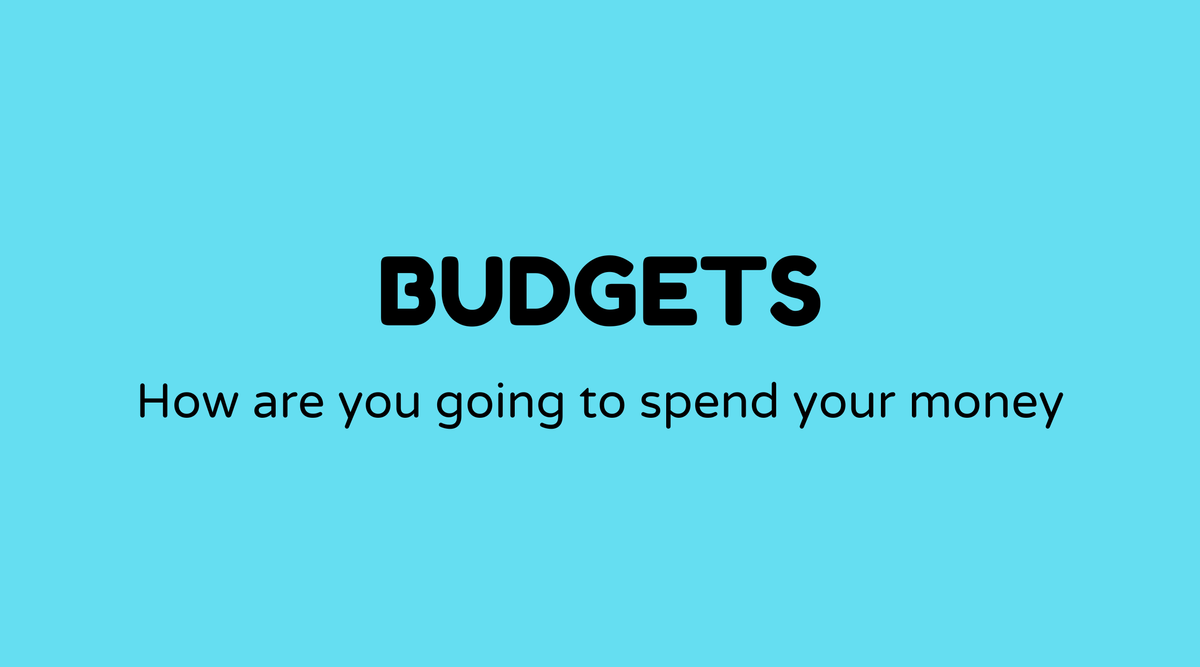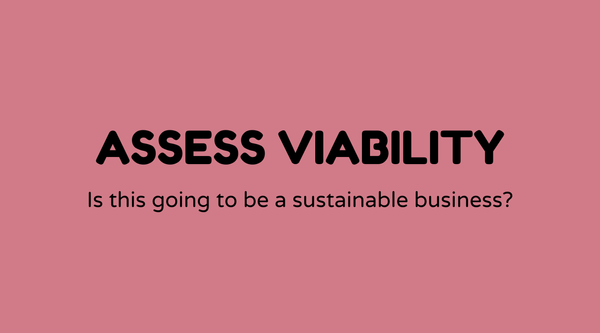Budgets

Overview of Budgets
When we think about budgets, many of us react with reluctance or annoyance. It's akin to that pesky mosquito at a summer barbecue — essential yet often bothersome. In both personal and business contexts, budgets serve as a guide for managing financial resources, ensuring that spending stays within limits. While it may seem intimidating, having a solid budget can distinguish between financial stability and disorder.
Organizations, from emerging startups to established companies, depend on budgets for planning and overseeing financial resources. They facilitate performance tracking, efficient allocation of resources, and informed decision-making. And on a personal level? A budget helps monitor your income, ensuring that you don’t exceed spending limits, and assists in saving for future aspirations. It’s quite impressive how budgets can serve this purpose!
Why Budgets Matter
Why are budgets important? They are the foundation of any effective financial strategy. Without them, you’re navigating without a plan. They support future planning and retrospective evaluation to inform wiser financial choices. They help answer questions such as: How much can we spend? Are we on course with our financial objectives?
For businesses, budgets play a vital role by promoting growth, restricting unnecessary expenses, and ensuring sufficient cash flow for operations. The absence of a budget or a poorly managed one can lead to financial hardships, debt, and even business failures. Just like in life, having a budget encourages responsible spending habits and maintaining a balanced financial lifestyle.
What is a Budget?
So, what precisely is a budget? In basic terms, a budget is a financial outline that details anticipated revenue and suggested expenses over a specific timeframe. They are typically organized monthly, quarterly, or yearly. A budget clarifies plans for expenditures and aids in allocating resources across various departments in organizations.
A standard budget consists of fixed expenses (like rent or salaries), variable expenses (such as utilities), and irregular expenses (those unexpected costs like repairs). By monitoring these areas, you can manage cash flow effectively and prepare for future savings and investments.
How to Create a Budget
Starting the process of creating a budget can feel like a daunting task, but it doesn’t have to be. Here’s how to begin:
- Identify Your Income: This incorporates all sources of money, including salary, investments, or side projects.
- List Your Expenses: Categorize these into fixed, variable, and irregular expenses.
- Calculate the Differences: Subtract your expenses from your income to discover your surplus or shortfall.
- Set Financial Goals: Determine what you're saving for—whether it’s retirement, a new home, or an emergency fund.
- Adjust as Needed: Budgets aren’t rigid. If you find you’re overspending, reassess your figures and make necessary changes.
Numerous tools are available to assist in this task, from spreadsheet templates to applications like Mint or YNAB that help automate and track your finances conveniently.
Examples of Budgets
Budgets come in various forms and can be tailored to meet different needs:
- Personal Budgets: Created for individuals or families to manage monthly spending, savings, and debt repayment.
- Operational Budgets: Commonly used in businesses, these cover daily operating expenses.
- Zero-Based Budgets: Every expense must be justified each new period, starting from zero, often employed by organizations to minimize costs.
- Flexible Budgets: These can adapt or shift based on changing business conditions and expenses.
Each type presents its own advantages and can be customized for specific financial situations.
FAQs
What are the main components of a budget?
A budget usually includes three main elements: expected income, planned expenditures, and savings or debt repayment targets.
How often should I review my budget?
It is wise to examine your budget monthly to monitor income and expenses and make required adjustments.
Can a budget assist in reducing debt?
Yes, a well-structured budget can help pinpoint areas to reduce spending, allowing you to allocate additional funds towards debt repayment.
What’s the difference between a personal and a business budget?
A personal budget focuses on managing individual or family finances, while a business budget is centered on resource allocation for company operations and development.
Are there digital tools to aid in managing my budget?
Certainly! Tools like Mint, YNAB, and BudgetSimple can help track expenses, set financial goals, and streamline budgeting processes.
Is it essential to save every month according to my budget?
Regular saving is a commendable practice for financial well-being. If your budget permits, aim to set aside a portion of your income each month.



